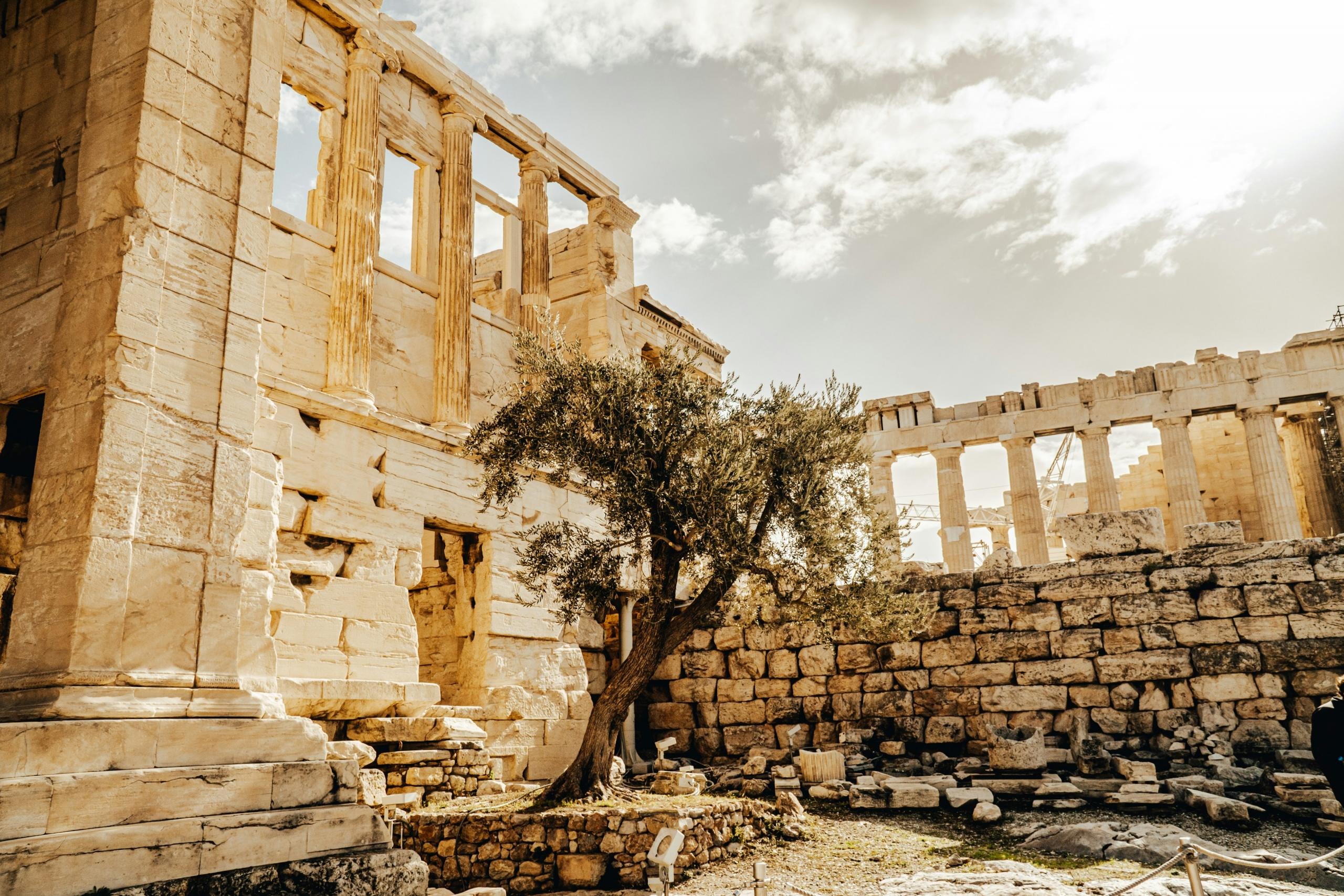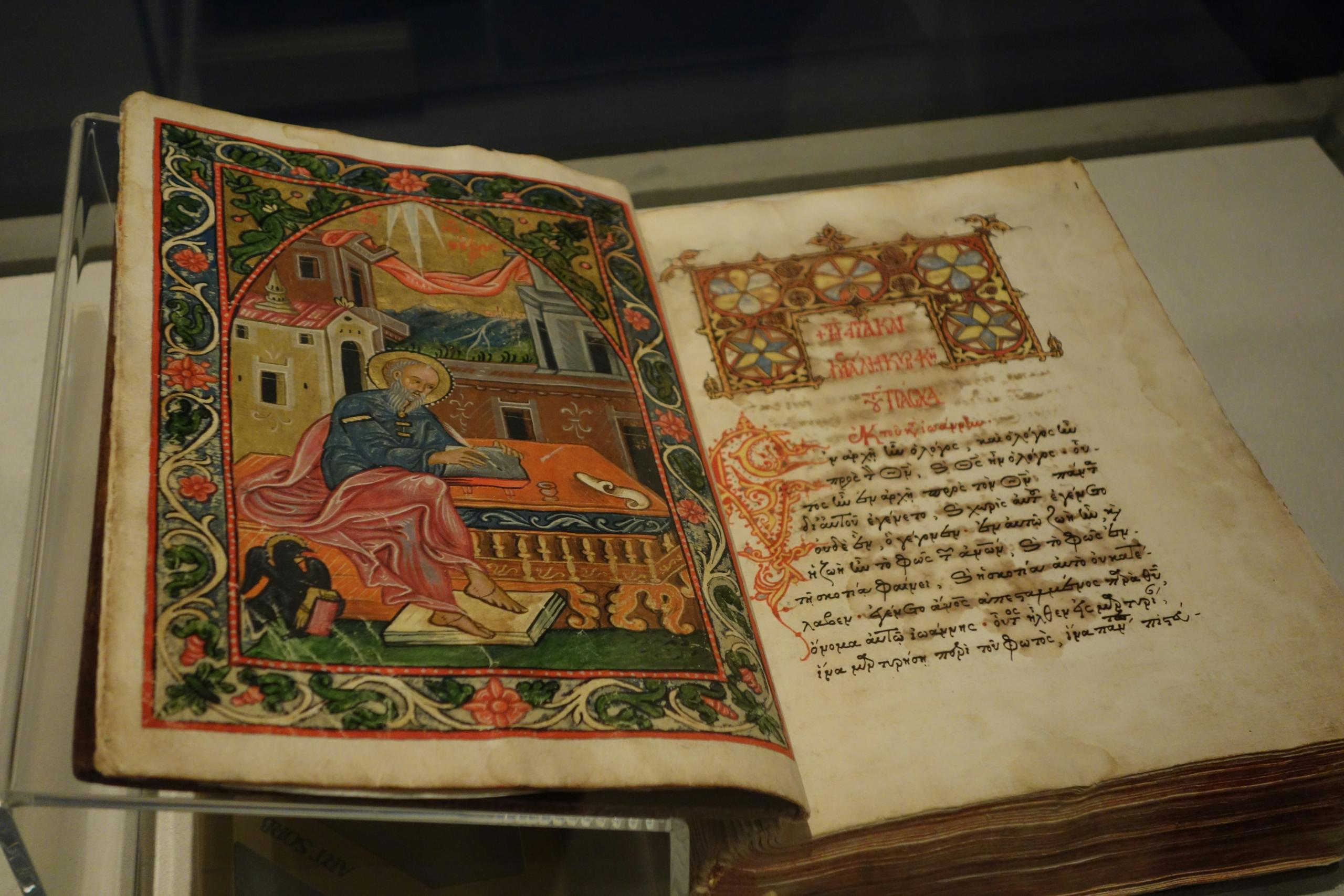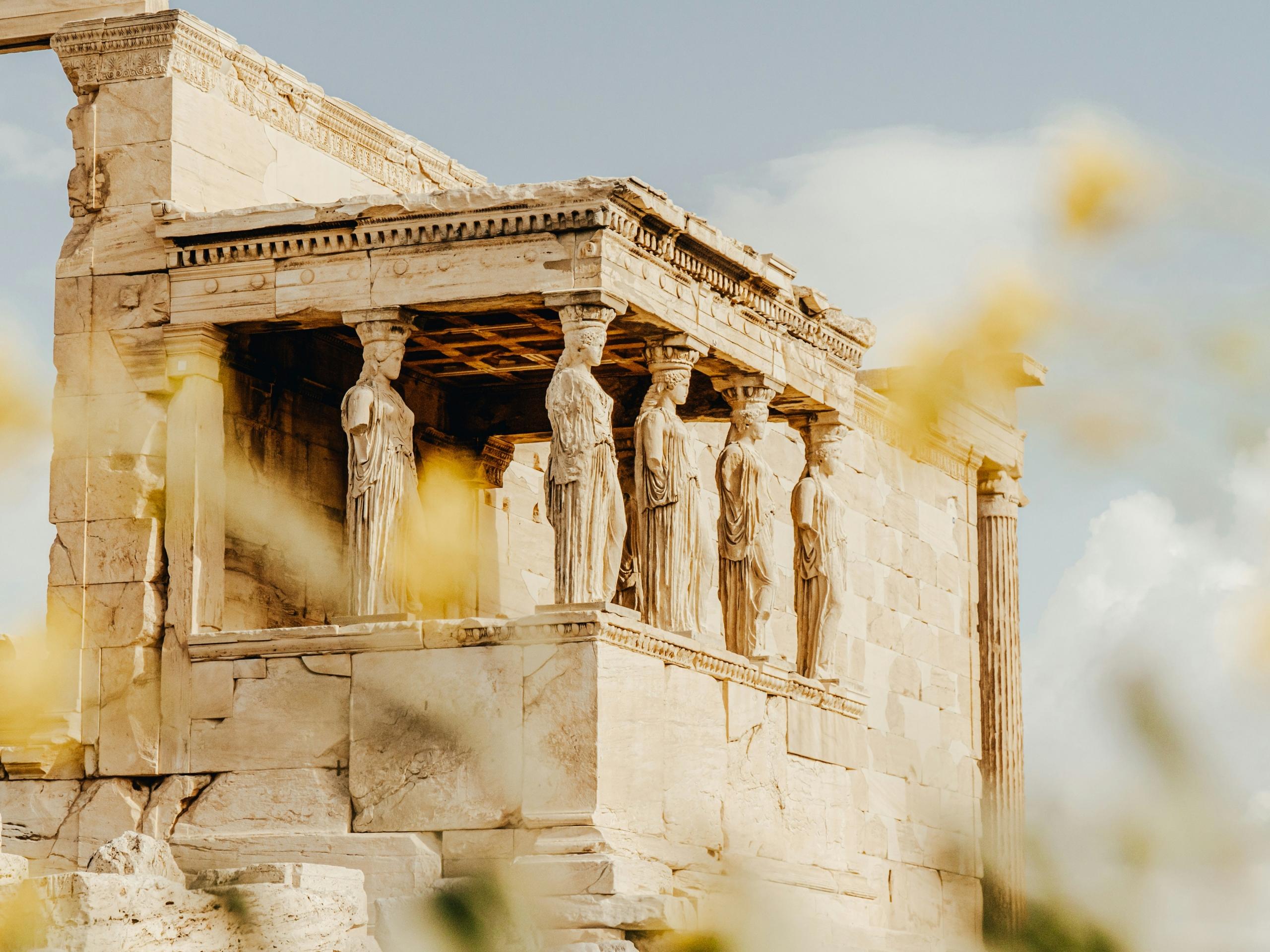Ancient Greece is a fascinating period regarded by historians from 1 200 BC to 600 AD. While humans lived in Greece before this, Greek history has noted the specific timing of the evolution of the Greek alphabet, ancient Greek language as well as Greek language and cultural identity for the first time.
In this article, you will find out more about how the Ancient Greeks greatly influenced modern Western societies, such as Europe and America, through their art, science, mathematics, literature, music, and politics. They were renowned philosophers and scholars, who were dedicated to seeking knowledge and understanding of the world. Ancient Greece is recognised as the birthplace of democracy, with the word itself deriving from the Greek language. There are many enduring contributions by Ancient Greece to various aspects of the modern world, making it a worthwhile exercise to delve into the history of the country during its Ancient period, along with other intriguing facts about Ancient Greece.

Inventions from Ancient Greece
Ancient Greece is famous for intellectual innovation. So, what did they invent besides democracy, which in turn gave people the freedom to think for themselves and continue to innovate.
Firstly, you may be familiar with the odometer of your car which measures distance. Believe it or not, this invention comes from Ancient Greece. Archimedes, the famous Greek is widely thought to be the creator of this invention.
In ancient times, the invention of the odometer played a crucial role in road construction and also provided a mathematical understanding of distances between settlements and locations. Ultimately, it eliminated the need for unreliable and inconsistent measurement methods.
The Ancient Greeks not only contributed to the invention of certain car components but also played a potential role in your morning wake-up. The concept of the alarm clock, or at least its idea, was initially innovated by the Ancient Greek Ctesibius. Despite the absence of electronics, Ctesibius used cutting-edge mechanical alternatives like a mechanism that dropped stones onto a gong.
Ancient Greece also made significant contributions to the measurement of time. You may have noticed the widespread use of the prefix 'chrono' in English, derived from the Ancient Greek language for the word 'Kronos' meaning time. Take a moment to consider words like a chronometer, chronograph, and chronological, and you'll observe the recurring pattern originating from Ancient Greece's influence on time-related concepts.
Looking back into the history of Ancient Greece you will also notice the prevalence of one of the most crucial fields of mathematics. Diophantus, an Ancient Greek mathematician, often referred to as 'the father of algebra,' boasts the remarkable title thanks to the profound influence he had on science and mathematics.

Inventions of such magnitude often lead to the notion that someone else would have eventually made the same discoveries. However, the reality is that the process can take decades to centuries. This is one of the many reasons why it is important to appreciate the contributions of those who came before us and recognise their invaluable role in how they shaped the world we live in today.
Even the origins of sport have their place in Ancient Greece history. The Ancient Greeks introduced the Olympics in 776 BC, and to this day, this prestigious sporting event remains one of the most popular international spectacles in existence. Remarkably, our modern form of entertainment can be traced back so far. In addition, Ancient Greece contributed numerous sports and games to humanity, including the discus, which is still played at these events.
Today’s sporting world also inherited traditional wrestling from the Greeks, although it's worth noting that the practice of competitors being naked has not continued! Apart from that, the rules have not changed significantly, except for the exclusion of being allowed to bend an opponent's fingers. The philosophy of the Ancient Greeks has taught us valuable lessons concerning competition, amongst them are self-improvement, and sportsmanship, key principles of the Olympics.
Life in Ancient Greece
Life in Ancient Greece encompassed various aspects that can help us to visualise what it was like for its inhabitants. By addressing common questions, we can gradually paint a picture of our daily lives. When it comes to physical appearance, Ancient Greeks, like people today, exhibited individual differences, but in general, they would resemble the present-day population of Greece.
In terms of clothing, the Ancient Greeks wore garments suited to the climate, such as tunics and robes for both men and women, but like today, their attire could vary depending on factors like social status and occasion. Greek men often sported short hair and beards, while women typically wore their hair long and adorned it with various accessories. Their physical appearance reflected a blend of Mediterranean features.
Understanding the physical appearance of the Ancient Greeks provides a good starting point for envisioning their daily lives. By exploring additional aspects such as their customs, society, and cultural practices, we can gain a more comprehensive understanding of this fascinating historical period.
Ancient Greeks had diverse physical appearances and this was largely due to a large slave system that incorporated people from various regions and ethnicities. Slavery in Greece offered the possibility of freedom and citizenship, contributing to a cosmopolitan society. Greek slaves held roles as servants and even teachers who exerted influence over household children.
Men and women wore similar attire, albeit styled differently - clothing predominantly consisted of draped white linen that highlighted the human form rather than concealed it. Fabrics were sometimes translucent, and nudity was acceptable for men in certain contexts, while women were restricted to bathhouses or private settings.
In terms of food, the modern Greek and Mediterranean diets have roots in ancient times too. Staples like bread, wine, and olive oil formed the basis of common meals and were often supplemented by occasional treats like cheese and meats. Wealthier individuals enjoyed finer wines, meats, and cheeses, along with access to sweet fruits like dates. Like everywhere else in the world, the less affluent relied more on vegetables.
Ancient Greek eating customs included gendered separation during meals, with men dining separately from women. In smaller households, they took turns eating, with men going first. The Symposium, a banquet tradition, involved a two-phase meal with food and wine followed by drinks and snacks, all centred around social interaction.
The Symposium held important cultural influence. While it primarily catered to men, there were exceptional women known as "hetairas" who possessed exceptional talent in the arts, entertainment, and engaging in meaningful conversations. These hetairas were invited to attend symposiums as entertainers and often developed lasting relationships with their select clients.
By contrast, religious boys and men participated in compulsory communal meals called "syssitia." These meals were characterised by their simplicity and modesty compared to the lavish banquets mentioned earlier. Exploring the intricacies of this aspect of traditional Greek history would require more time and research, but it's certainly an intriguing aspect worth delving into.

Ancient Greek Language
The ancient Greek language, known as Classical Greek, was also rich and influential.
Its literature, philosophy, and scientific works continue to shape our modern world. With its distinctive alphabet, complex grammar, and nuanced vocabulary, the Greek alphabet and ancient Greek language remain a fascinating subject of study.
When it comes to an ancient Greek language, there is no doubt that it offers important insights into a bygone era of intellectual superiority.
Before you sign off, no article on Ancient Greece would be complete without mention of the importance of the Greek alphabet and its origins.
The Greek Alphabet
The Greek alphabet emerged around the 9th century BC and its adoption by the ancient Greeks made a significant contribution to the advancement of existing writing systems.
The original Greek alphabet consisted of 24 letters which included vowels and influenced the development of other alphabets, such as the Latin alphabet used in many languages today.
If this article was of interest to you make sure that you follow our series which includes more about the ancient Greek language and Greek civilisation, as well as fascinating introductions to its classical art and philosophy origins.
Finally, if you are interested in Greek lessons, remember that they provide more than just language skills; they offer a doorway to Greek culture immersion. By learning the language, students gain insights into traditions, literature, history, ancient Greek language, and philosophy.
Learning Greek will enable you to find a deeper appreciation of Greek art, music, and cuisine. It will foster a holistic understanding of the rich cultural heritage that Greece has to offer.
Summarise with AI:















